A Mexican Indigenous Town's Environmental Revolt
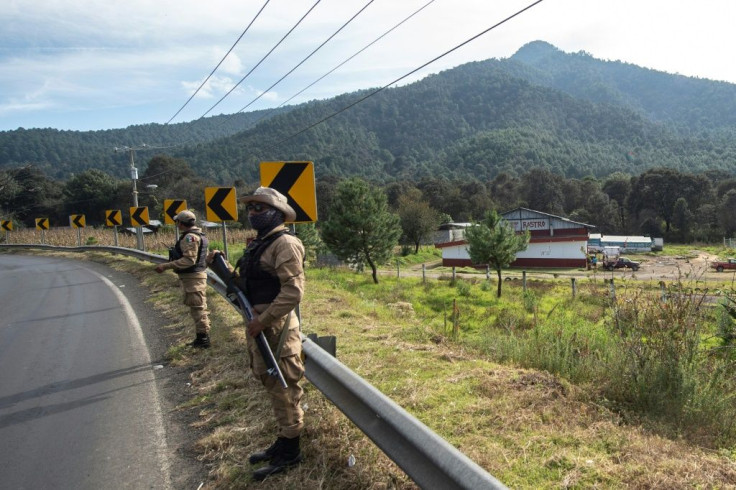
When illegal logging turned their green, pine-covered hills into an ecological wasteland, the people of the Mexican indigenous town of Cheran decided to arm themselves with rifles and reclaim their land.
Today, eight years after rising up against illegal loggers and the drug cartel behind them, Cheran is practically an independent enclave tucked into the lawless mountains of western Mexico.
Its residents have their own system of government based on community assemblies. They have their own police force.
And they run ambitious environmental programs that have begun covering their bare, charred land in verdant pine trees again.
"As you can see, the forest has grown back. Everything is green again. We've worked hard to rescue our environment," said Luz Torres, a 43-year-old housewife who keeps an organic garden and gathers medicinal plants.
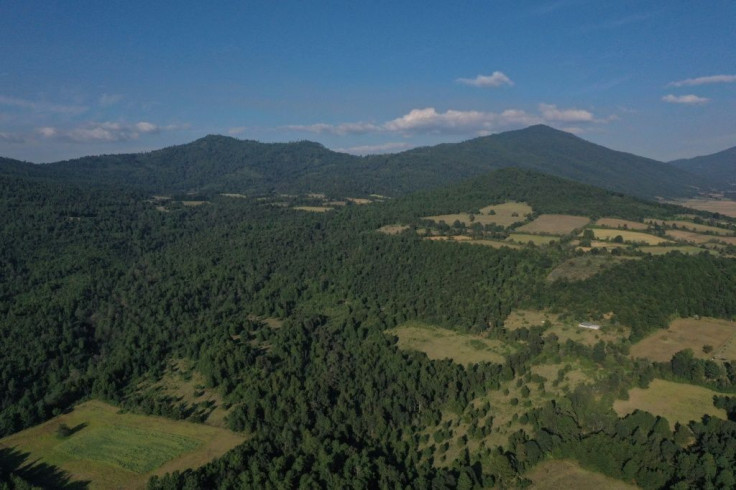
The area has been transformed since the days when hitmen from the Familia Michoacana cartel armed with AK-47s showed up, seeking to branch out into other illegal activities as the Mexican government waged an all-out war on drug trafficking.
The gunmen lorded over an illegal logging operation that felled vast swathes of forest to sell the wood on the black market.
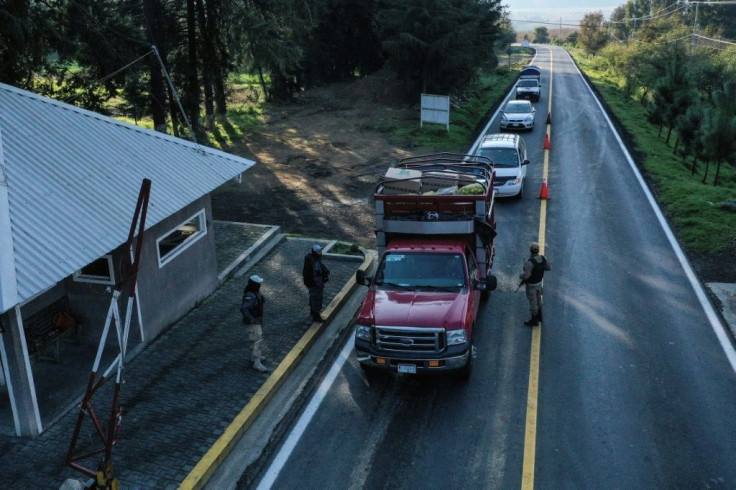
The loggers then burned the remaining tree stumps, possibly to make way for avocado trees, a lucrative but environmentally taxing crop caught up in bloody turf wars between rival drug cartels in Michoacan, the violence-plagued state where Cheran is located.
"They were taking out 100 or 200 truckloads of wood a day, and (the authorities) didn't say a word," said Torres.
The drug traffickers "said that after they finished cutting down the pine trees, they were going to kidnap the women they liked and take the houses they wanted."

Then, at dawn on April 15, 2011, the church bells of Cheran rang out: the signal to launch the revolt.
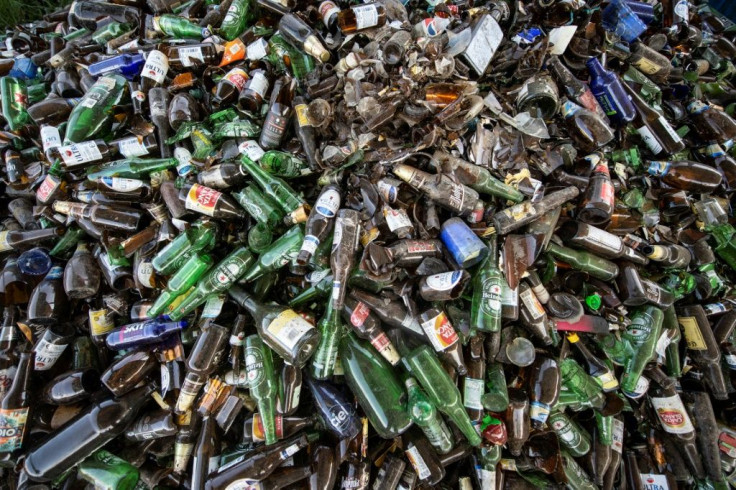
Armed residents blocked the roads into the Purepecha indigenous town, set up checkpoints and lit bonfires to stand guard overnight at every intersection.
The rebellion led to a series of shootouts between townspeople and cartel gunmen. Two residents were killed in the clashes.
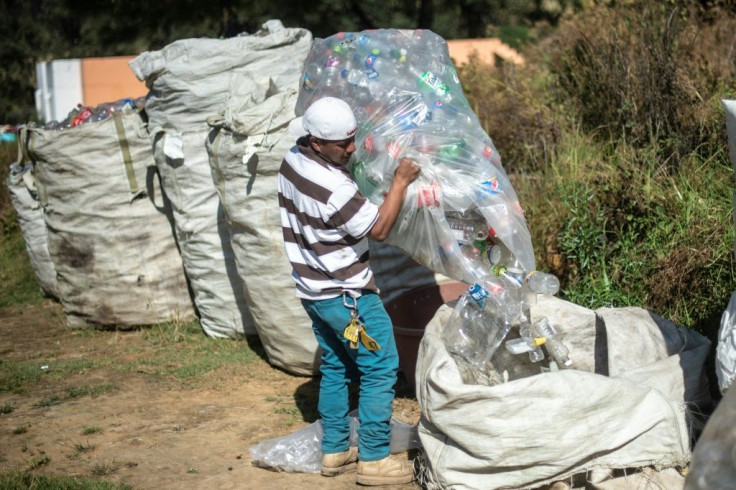
Since then, another six have been murdered, allegedly by illegal loggers seeking to reclaim the land, according to indigenous authorities.
But Cheran has managed to wrest back control.
Residents now patrol the forests armed with 7.62-caliber rifles.
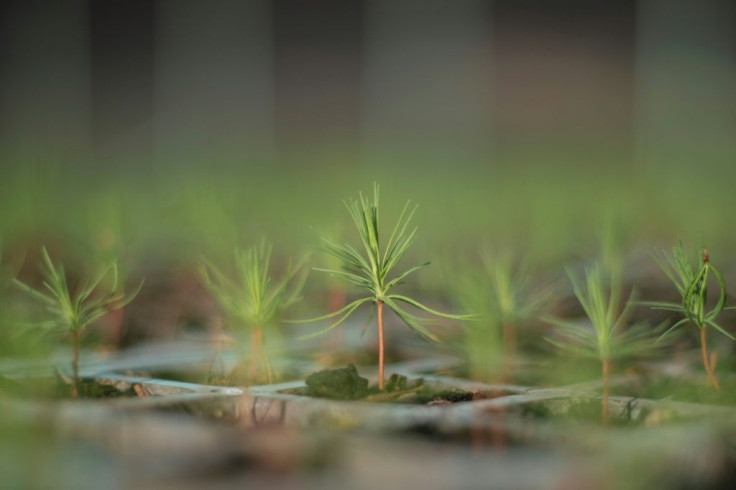
They have set up a "Great Council" modeled on their ancestors' system of government.
And communal companies now protect the environment and run one of Mexico's most advanced recycling programs.
"Things had gone too far. They were threatening to kidnap our children. Now we can live our lives in peace," said one community guard, who asked not to be identified for security reasons, toting her nine-millimeter pistol.
The community has reforested more than half the 12,000 hectares (30,000 acres) of pine trees that were lost -- reclaiming an area the size of more than 17 Central Parks.
In Cheran, it is now illegal to farm avocados.
Mexico, the world's largest producer of the fruit, exported $2.4 billion in avocados last year, but Cheran took a collective decision to ban the crop from its territory.
Avocado trees consume too much water, are too resource-intensive and draw too much unwanted attention from cartels, they decided.
"It is the opposite of the pine tree. Pine trees give us water and oxygen," said Miguel Macias, 62, head of the community tree nursery.
"This is like an island of pines.... We fought to make it that way."
At the town's recycling center, Samuel Martinez wipes the sweat from his forehead as he finishes his shift.
The center's workers have limited safety gear and rusty composting equipment, but Martinez says he is "proud" to help implement another of the community's key environmental policies: zero waste.
Cheran separates its trash into six categories -- twice as many as Mexico City households. The goal is to reuse, recycle or compost everything.
"It separates waste better than any other municipality in Mexico," said Ana Martinez, head of the Inclusive Recycling Program at AVINA, a sustainable development foundation.
The town has even given birth to a new verb in Spanish: "cheranizarse" -- "to become like Cheran."
Environmentalists use it to describe a no-holds-barred approach to wresting back control of a blighted environment.
© Copyright AFP {{Year}}. All rights reserved.





















